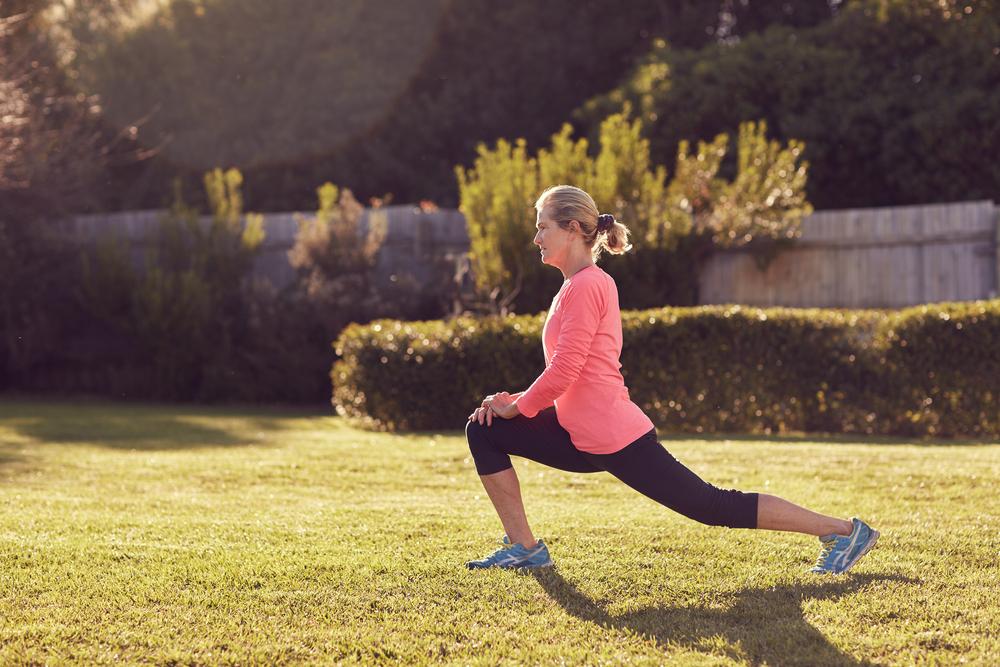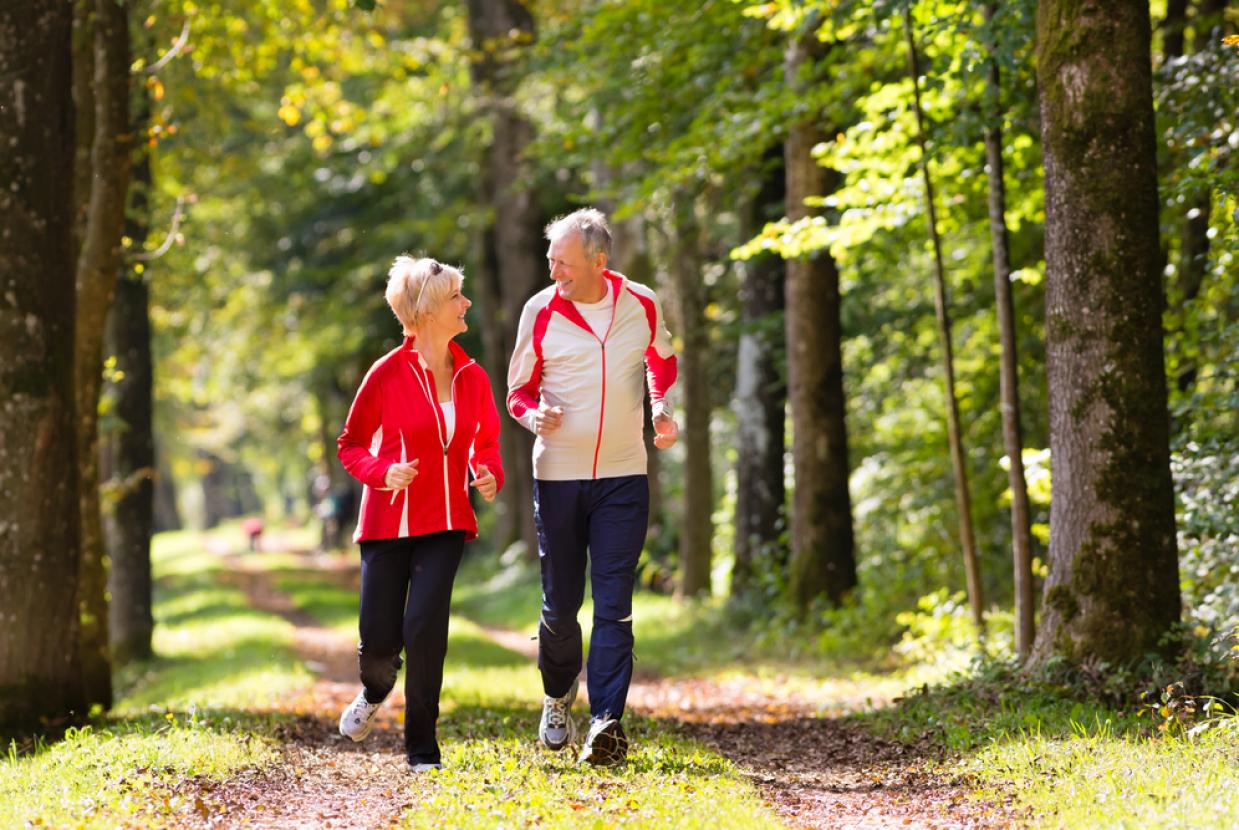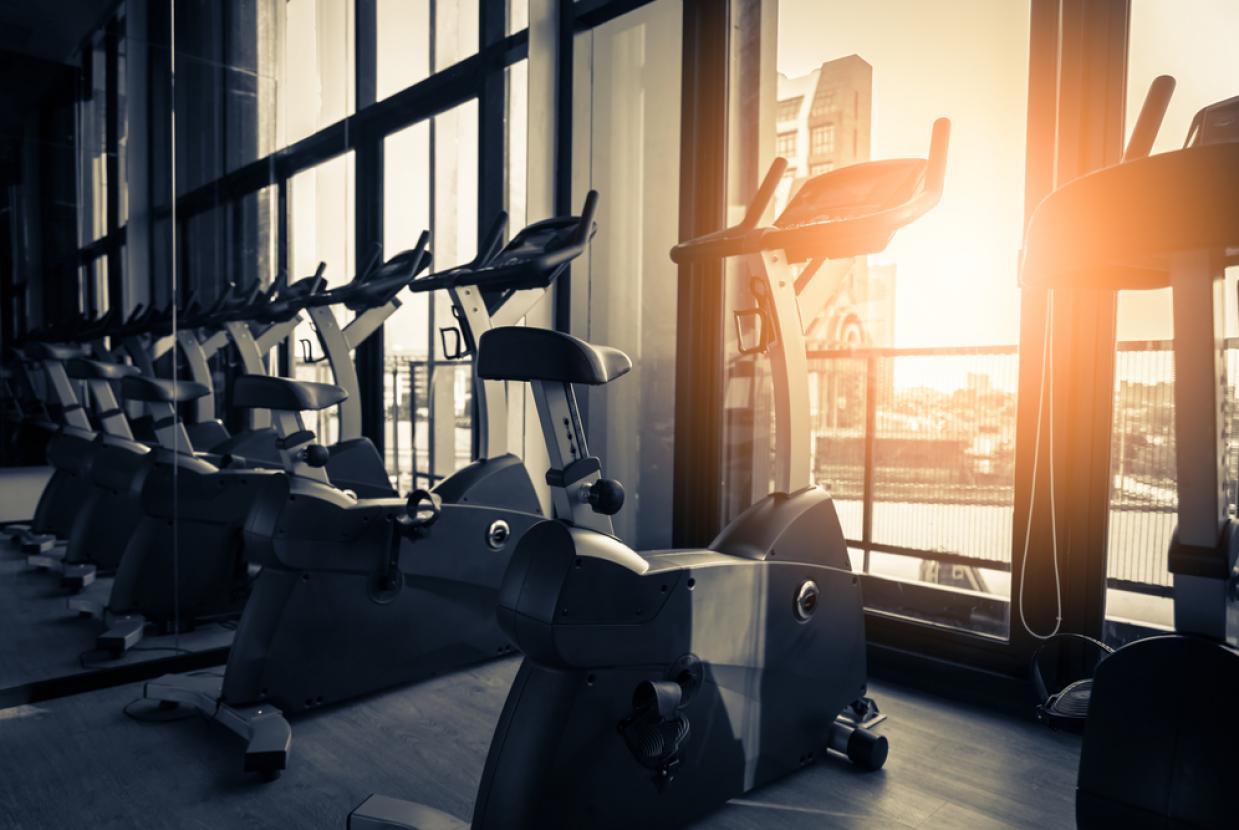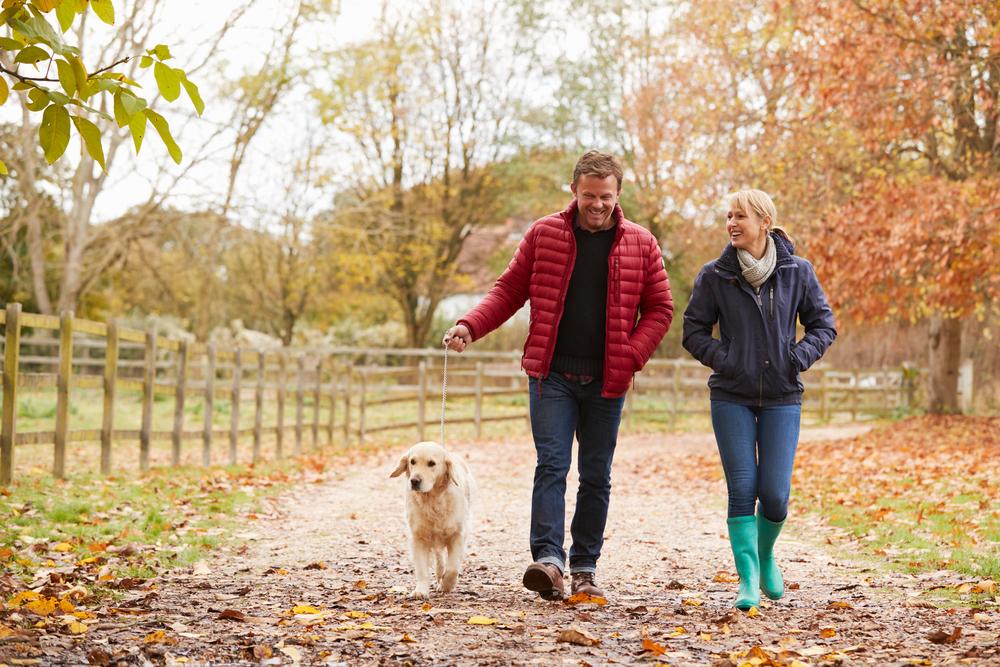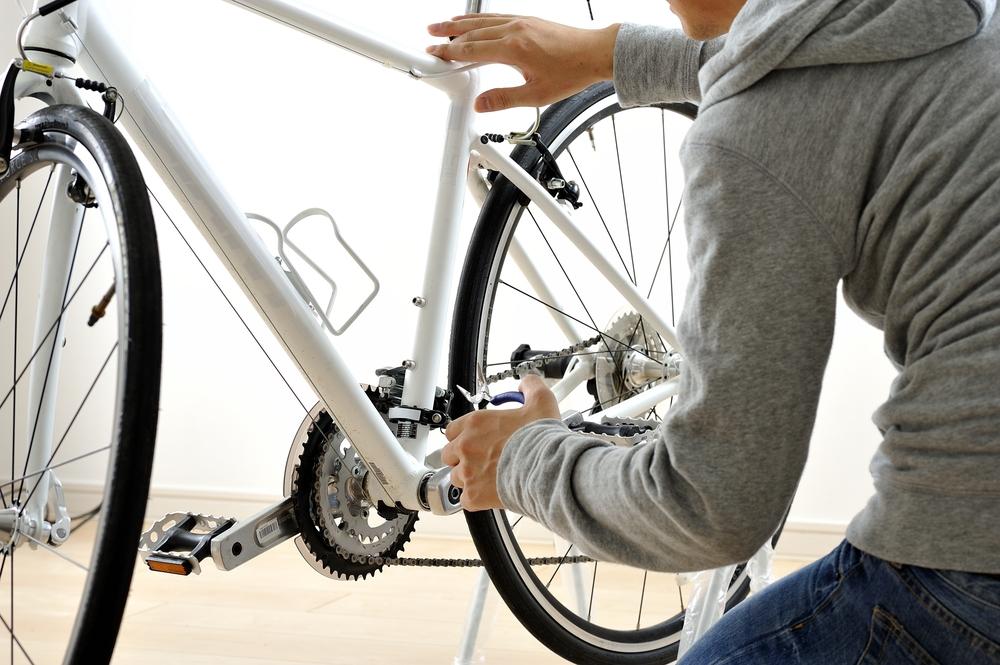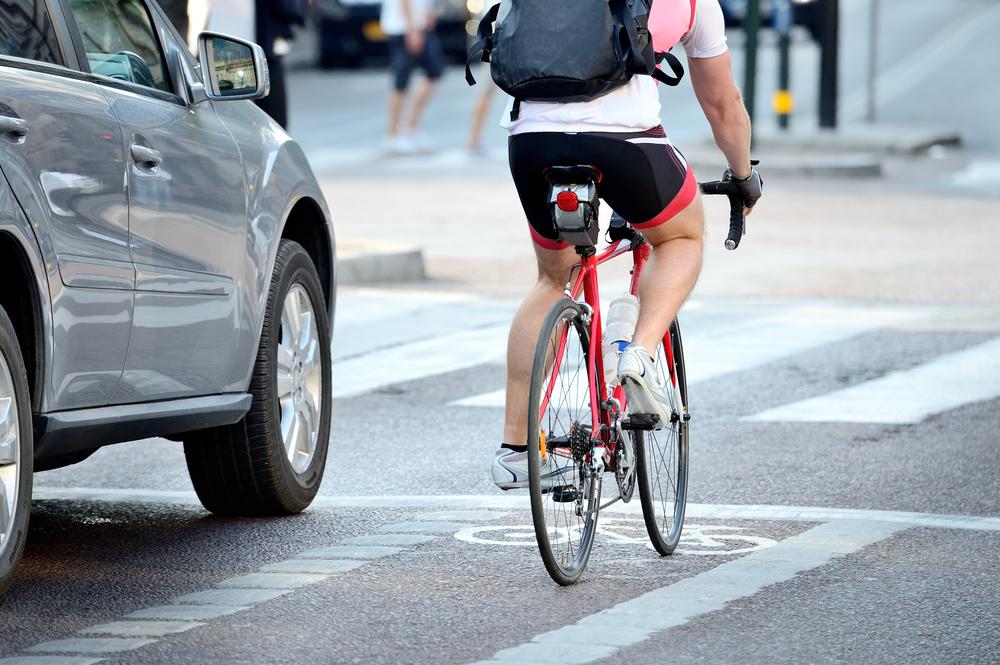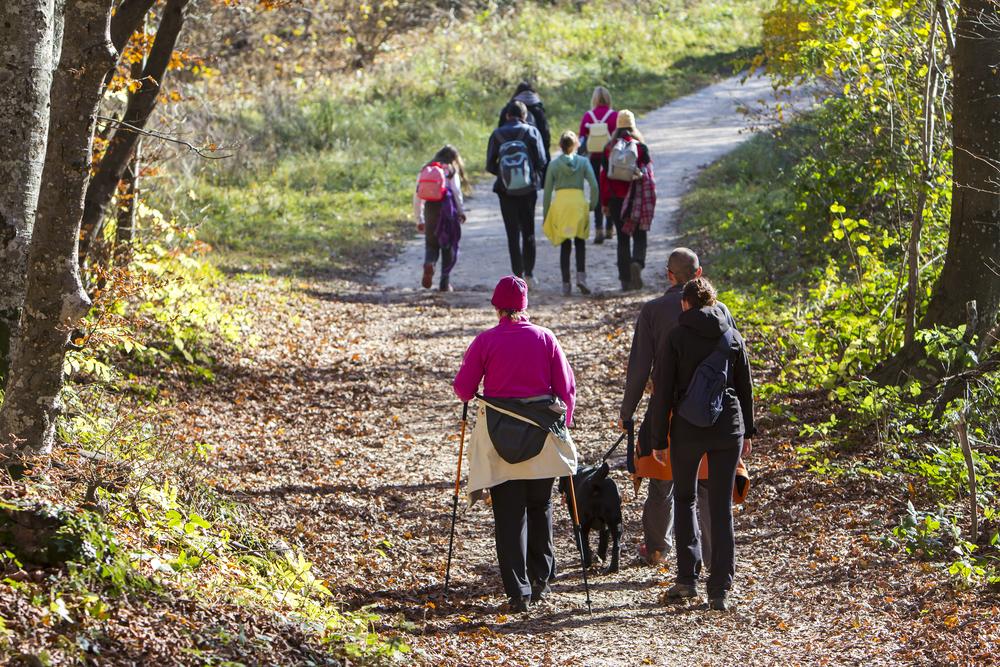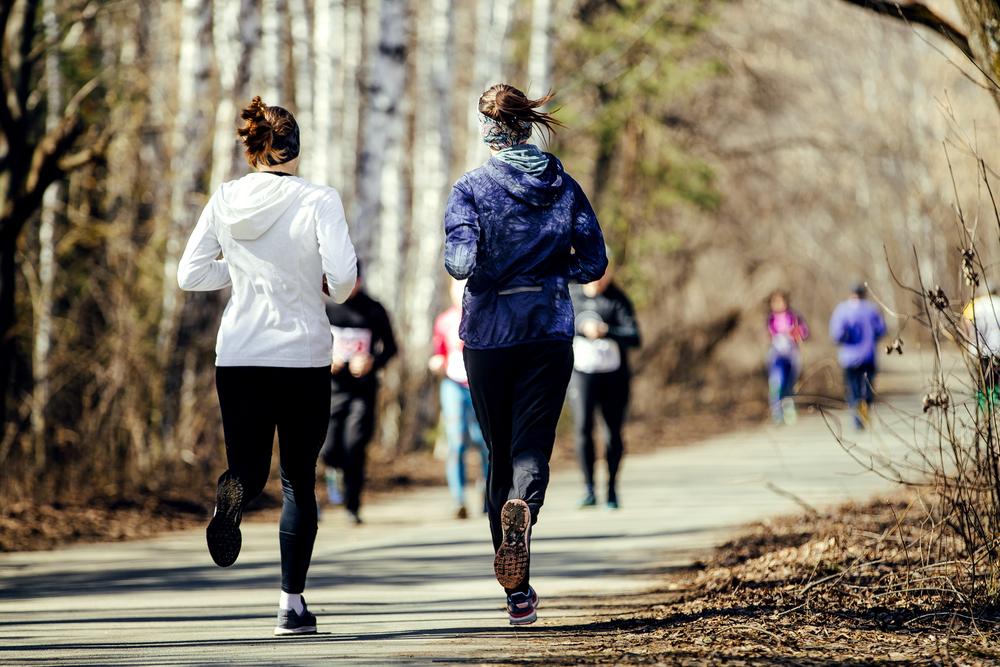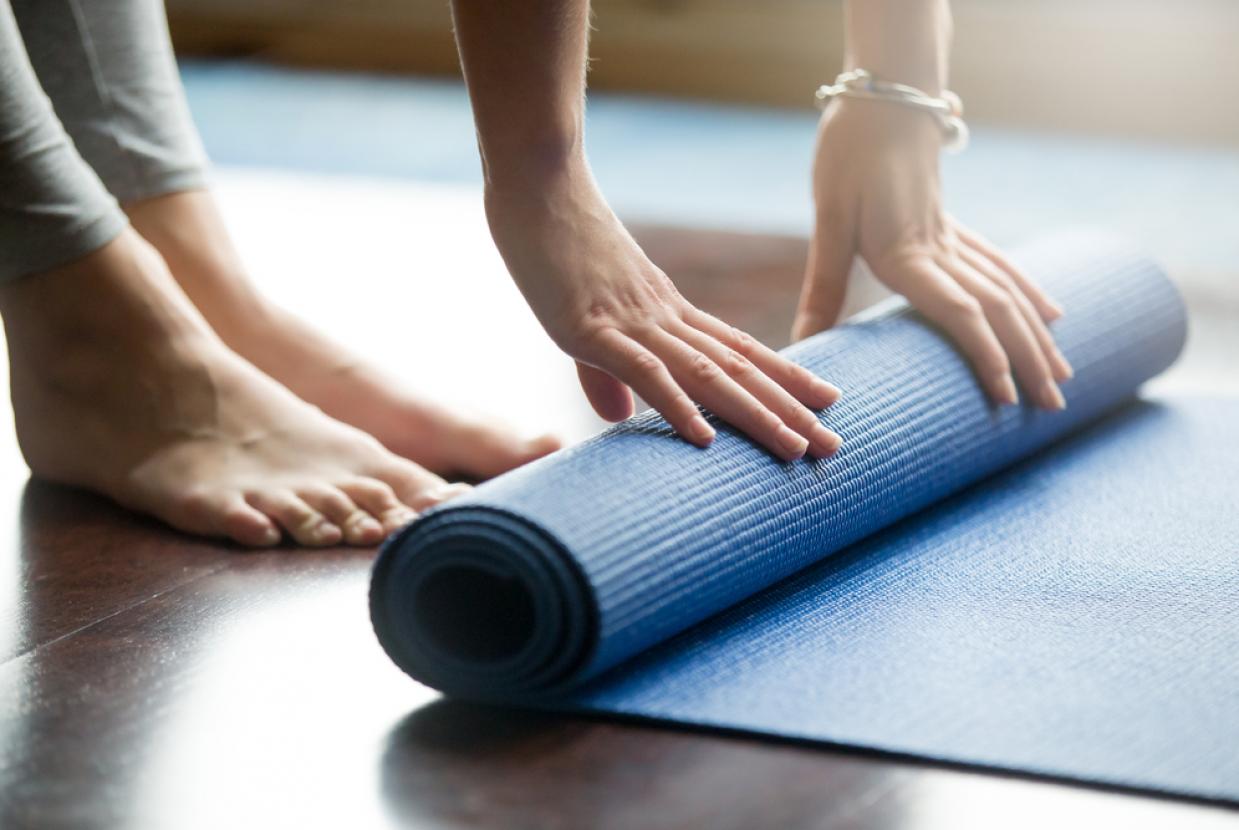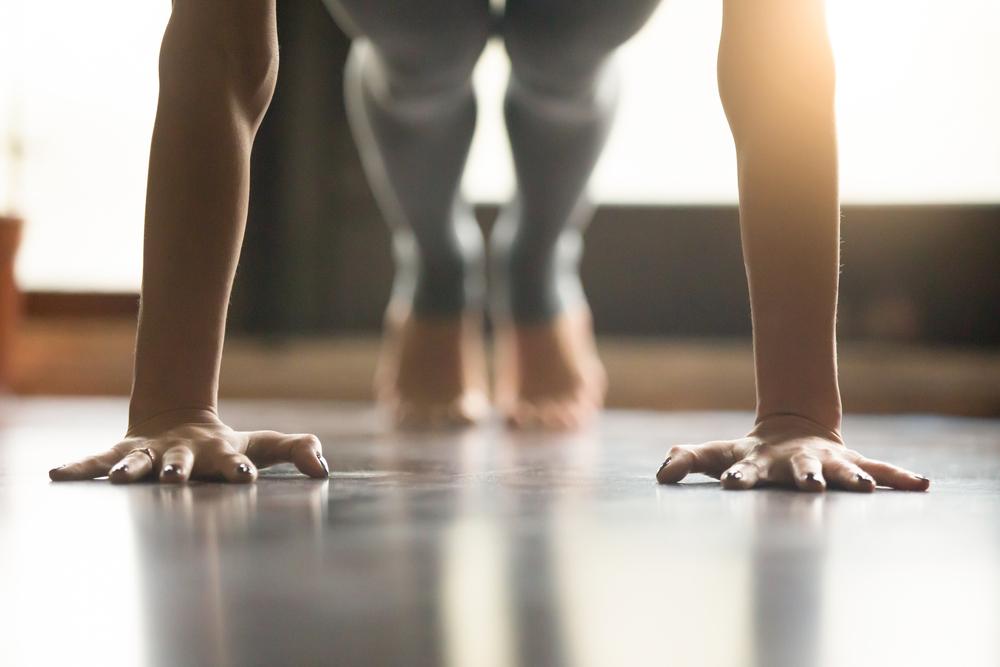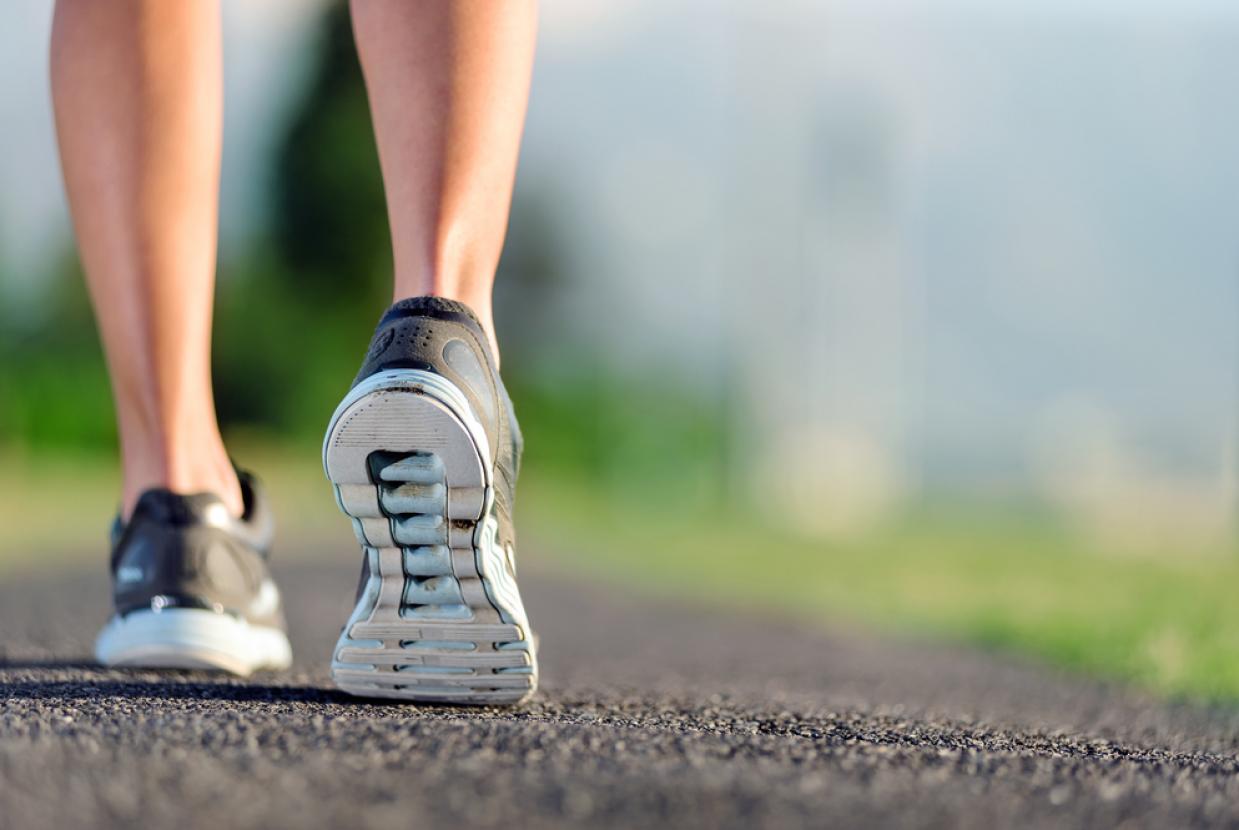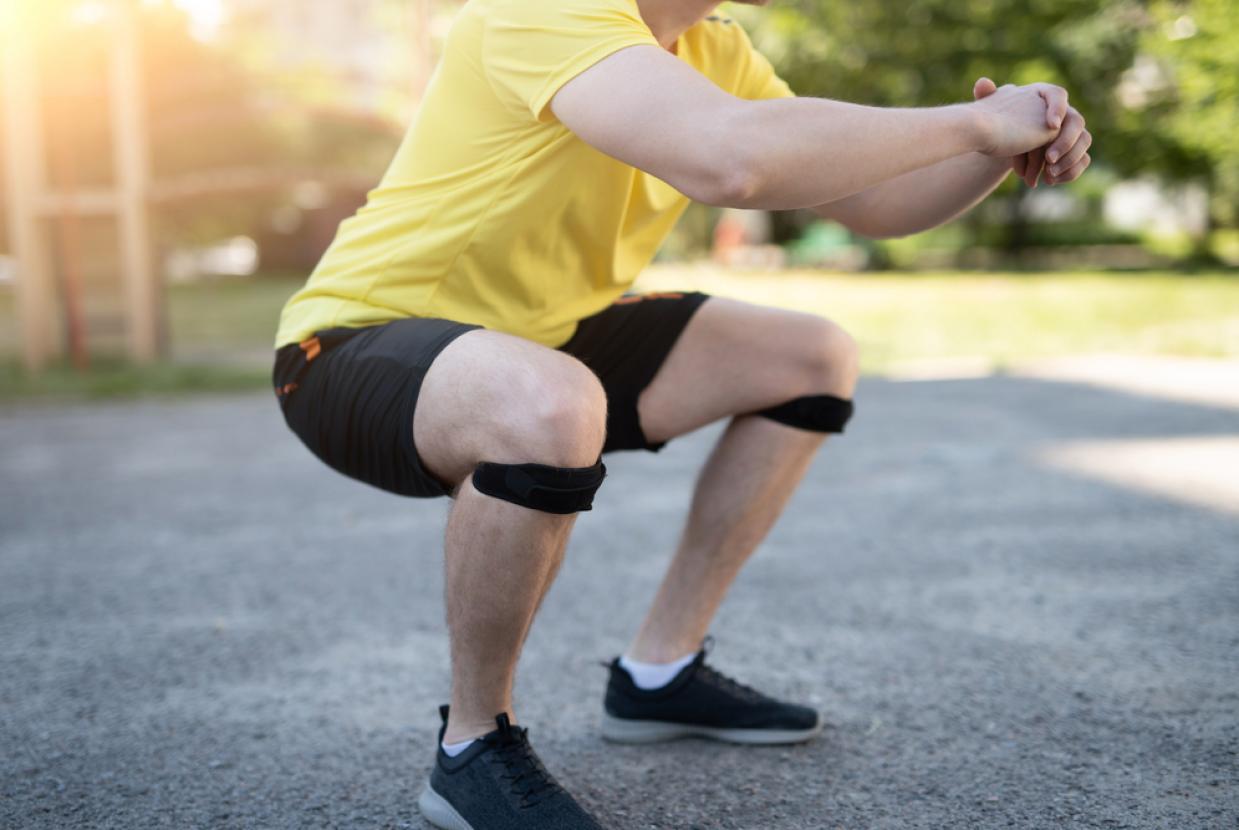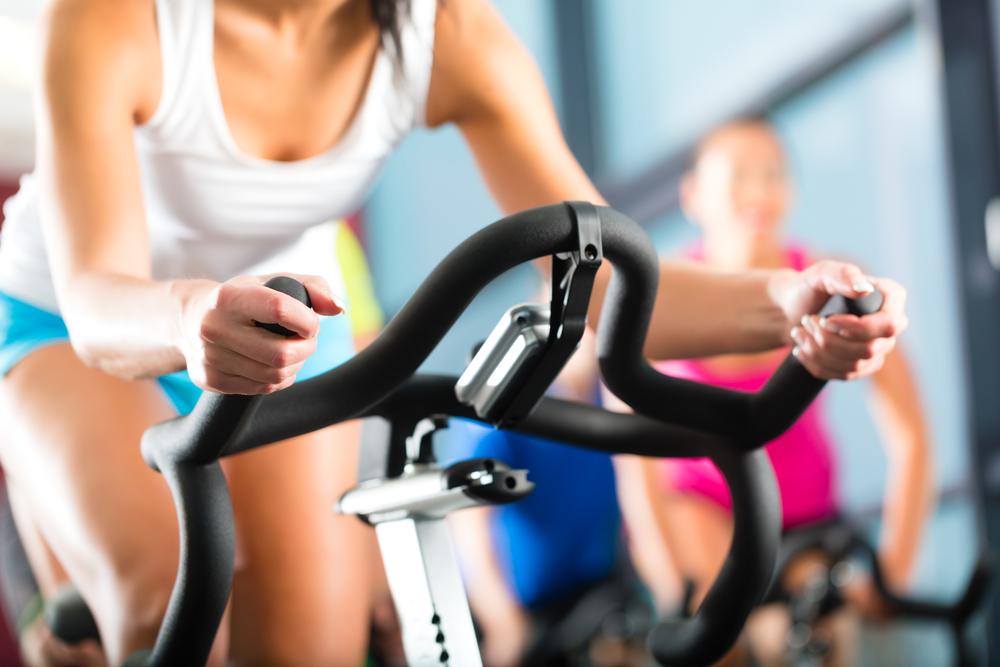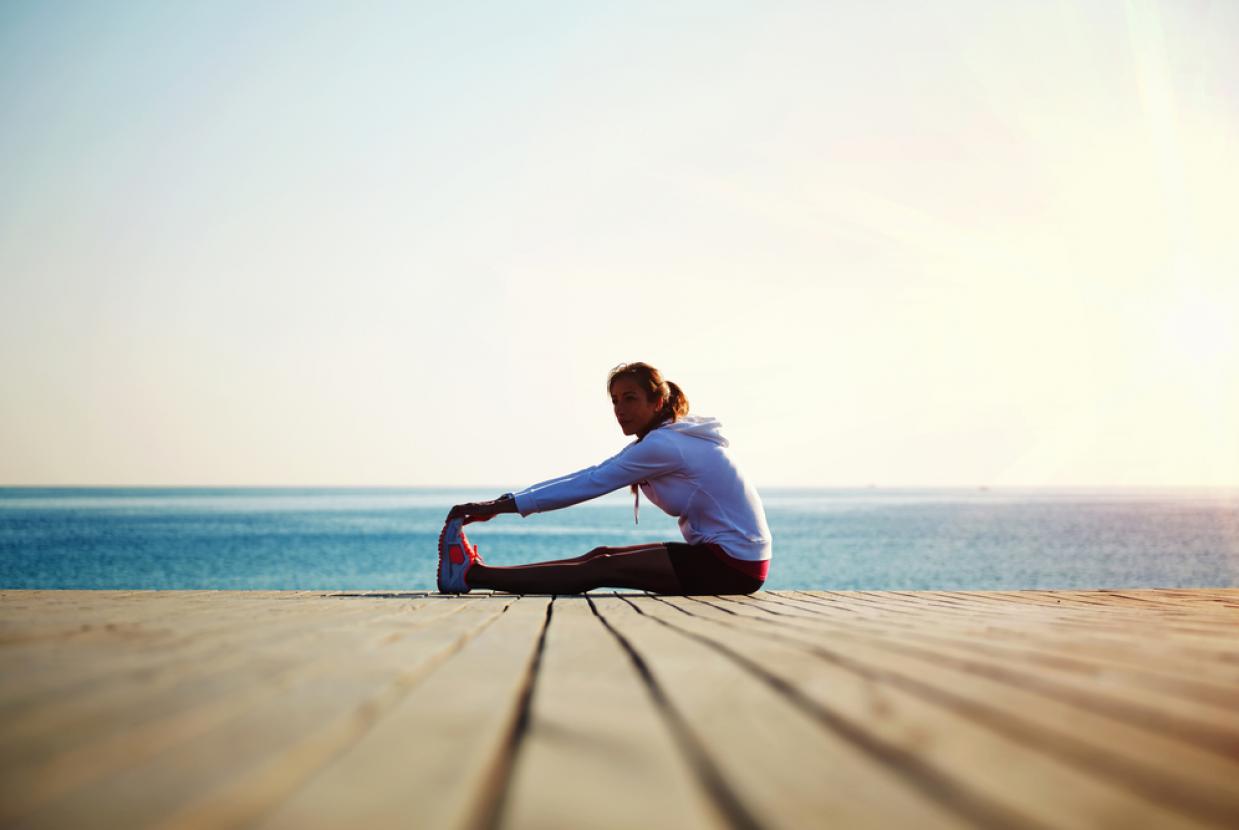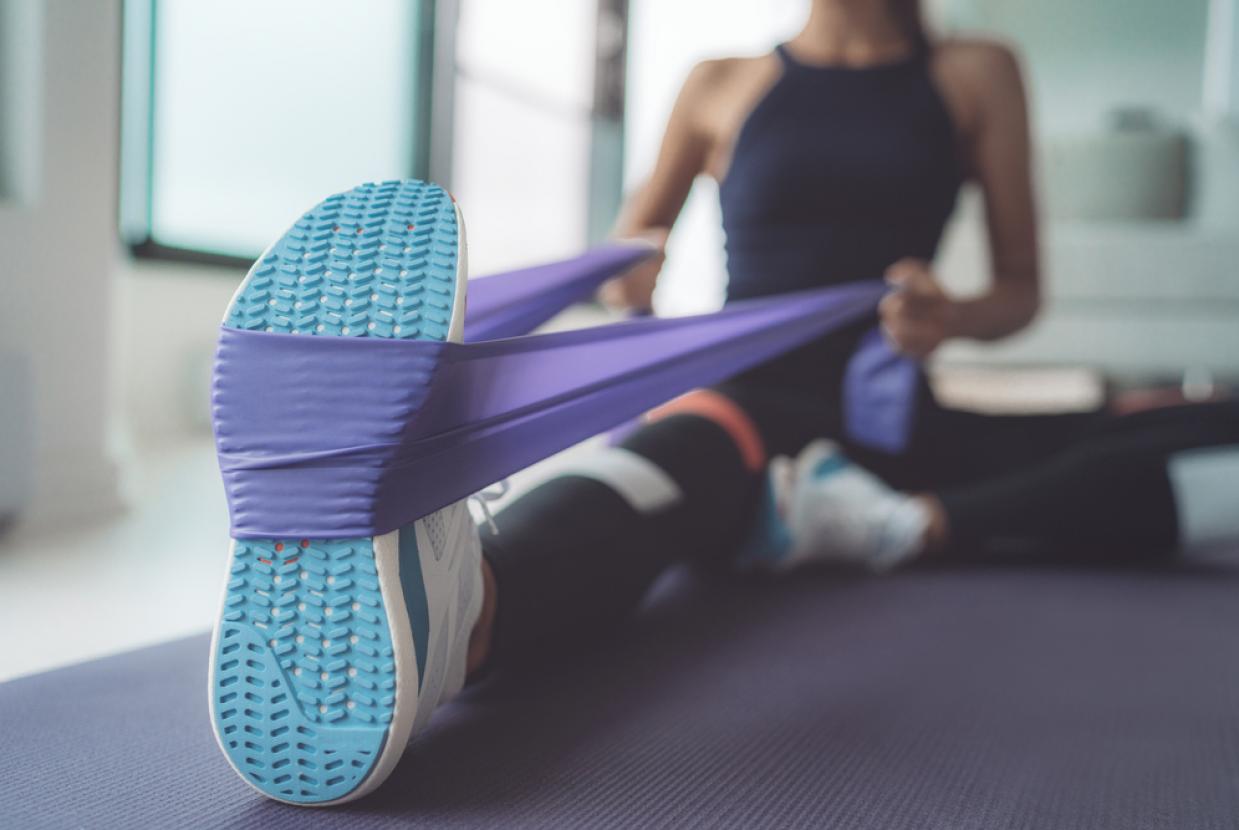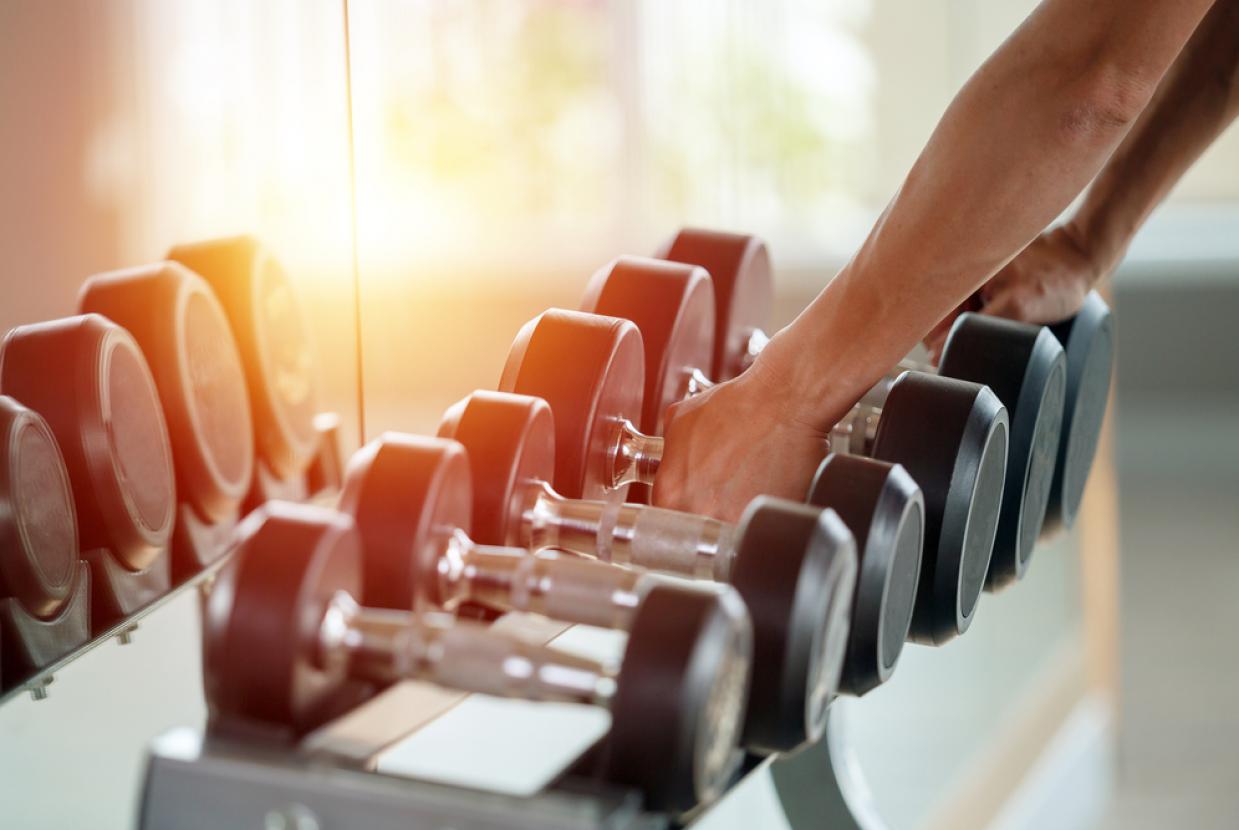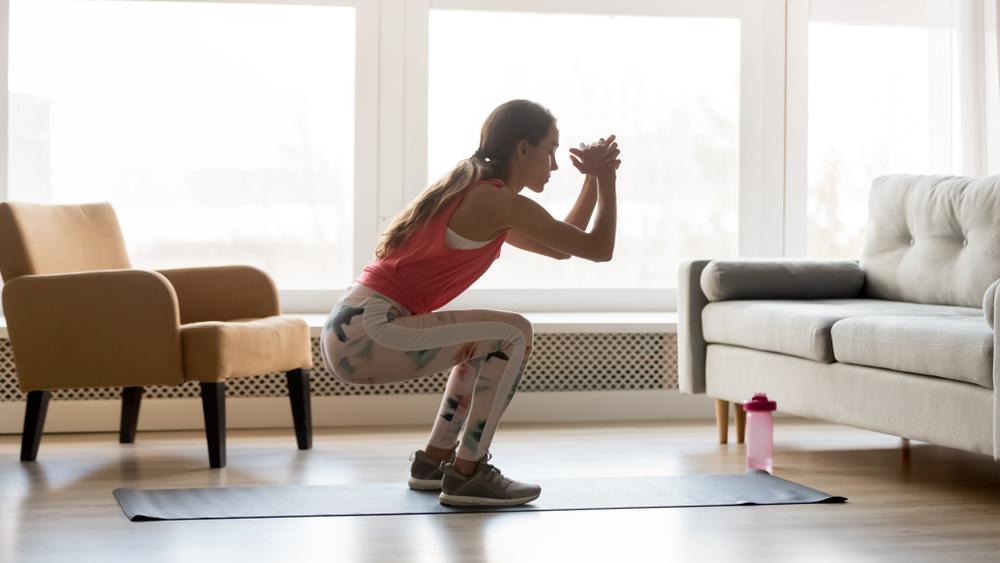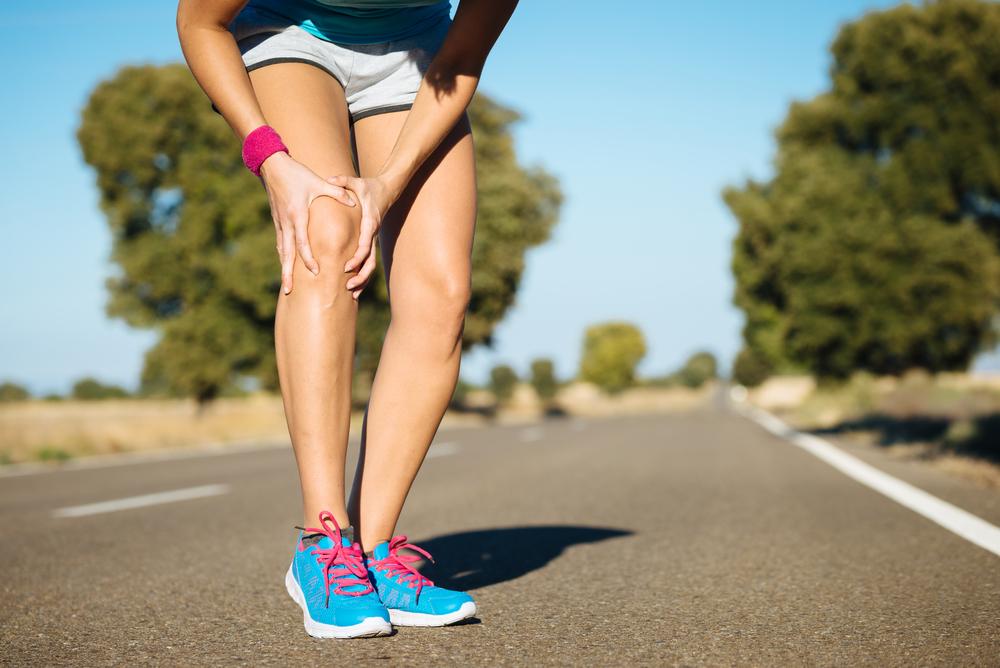Are these fitness tips facts or fiction?
Get FitGetting more active in the new year can be challenging, not to mention confusing, given the plethora of fitness facts and fictions - here is your guide to dispelling the truth from the fitness farcical!
- Sweating a lot proves that you're working harder
Our bodies sweat as a result of the physiological response, homeostasis. Our body is in a constant battle to regulate every process from each heart beat, every breath and even our body temperature, sweating is our body's method to stay cool. It doesn't prove how hard you are working - factors such as the weather, medication, weight and various health conditions all make a difference. Heart rate is a better indication of effort level as this is indicative of your fitness levels and exercise intenisty, if you can feel your heart rate elevated then chances are you are performing meaningful physical activity.
- No pain, no gain
If you experience pain during exercise then you should stop immediately. Pain is a sign that you are about to harm yourself and that you should change what you are doing, you should check your posture during an exercise and technique; an instructor in your gym should be able to help!
You can still be physically active and meet the government’s recommended 150 minutes of moderate physical activity a week without being in pain. Moderate physical activity will make you feel warmer, breathe harder and make it more difficult to talk, but you should still be able to carry on a conversation – you certainly don’t need to be in pain.
If you have sore muscles following a workout, this is known as delayed onset muscle soreness. This is fairly common when you start a new exercise programme, change your routine, or increase the duration or intensity of your regular workout. Try a hot bath, stretching well after your exercise session, or a massage. If it lasts more than a few days then see your GP.
- The best time to exercise is the morning
There is no research that supports that our body's burn calories during exercise more efficienty at certain times of the day. This comes down to personal preference; if you are an early bird and want to keep your evenings free then early morning workouts may be for you, if not then get active in the evening time. On the other hand, intense exercise late at night can make it harder to get to sleep - the most important point is that you find a time that suits you, this one all comes down to personal preference so it can become part of a sustainable routine.
- I can eat what I want because I’m exercising
There’s some truth in the saying “You can’t outrun a bad diet”. Regular exercise will burn calories but does not get rid of the damage that regularly eating foods high in salt and saturated fat can do to your health. If you’re trying to lose weight then it’s important to make changes to both your diet and level of physical activity. It’s fine to have a treat now and then, but try to eat a balanced diet, including lots of vegetables and wholegrains. This will help to give you the nutrients you need to maintain your exercise routine.
To see if you can seperate the full list of fitness facts from the fiction follow the link - www.bhf.org.uk














